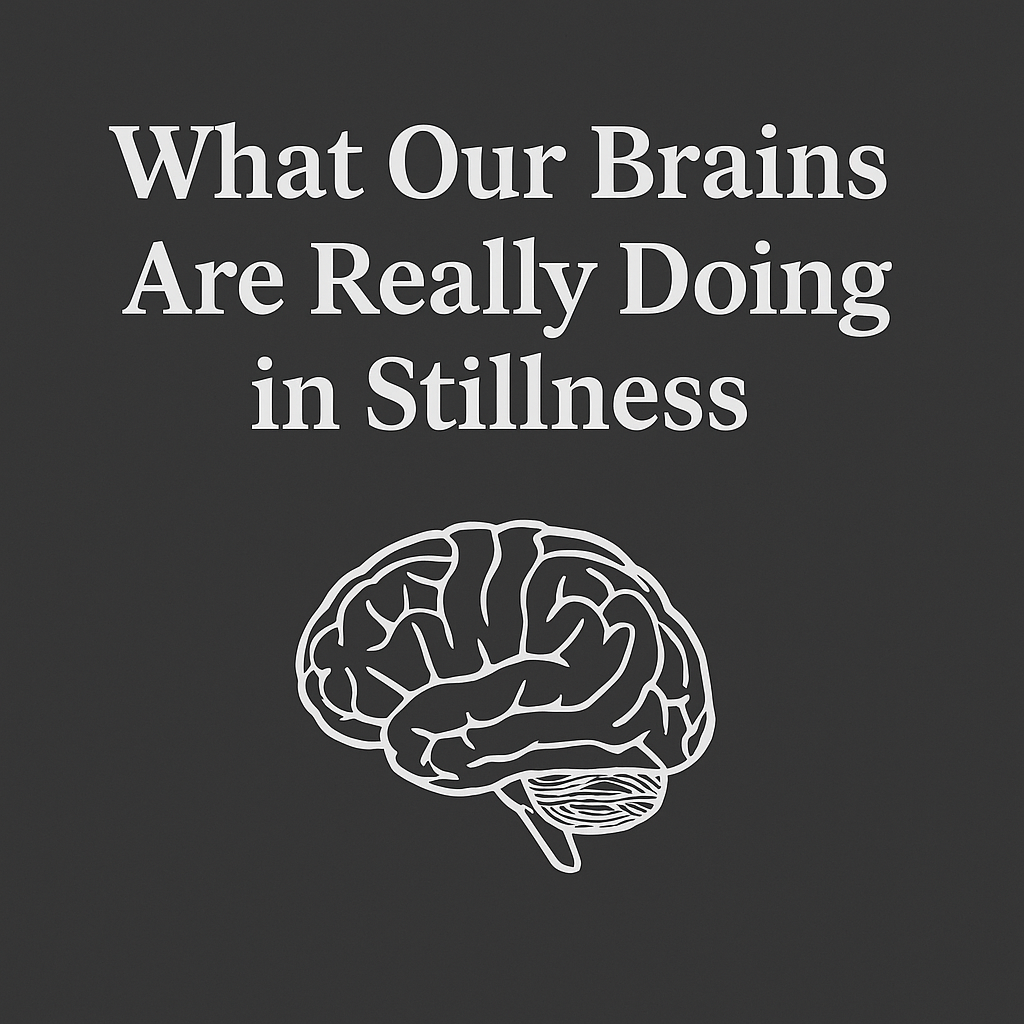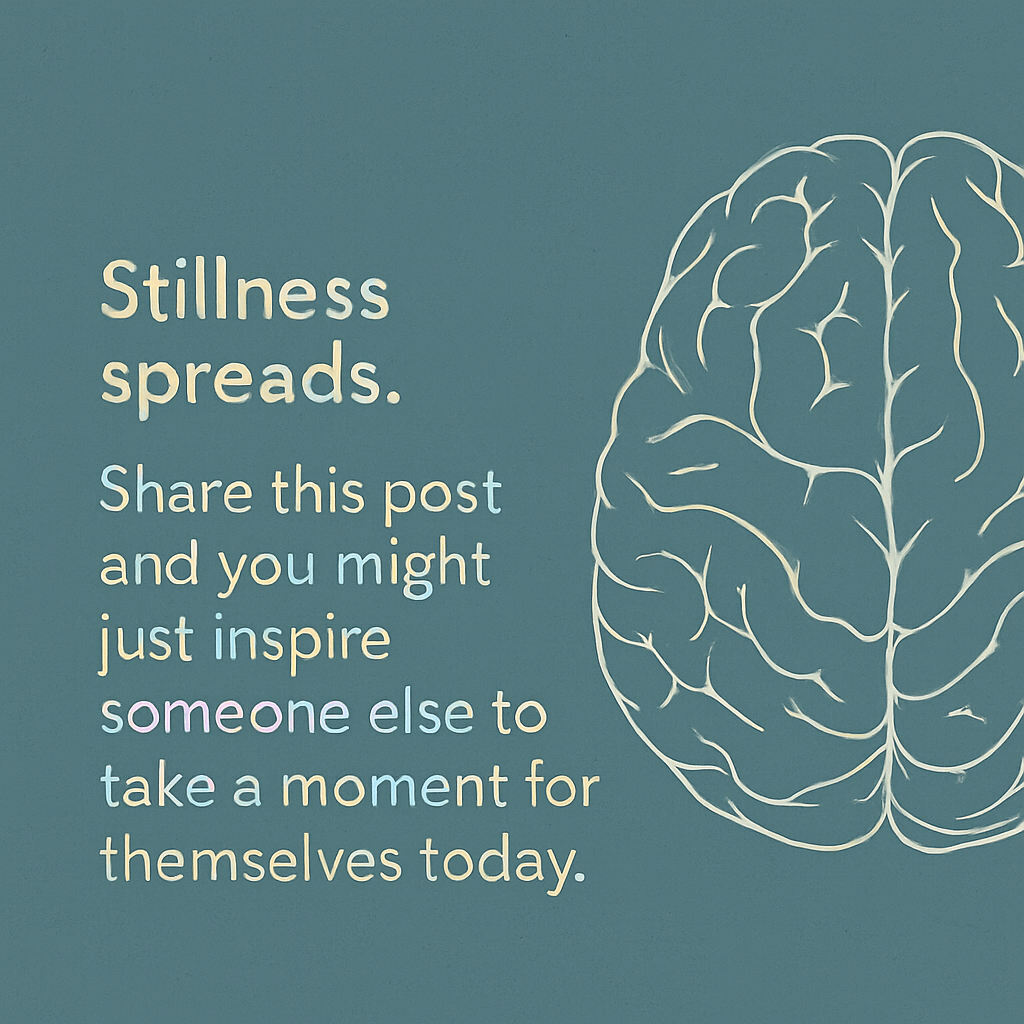We live in a culture that measures value by activity. If we’re not moving, typing, scrolling, or ticking boxes, we assume we’re falling behind. But the truth is, stillness isn’t wasted time — it’s one of the most essential things we can give our minds.
Thanks for reading Brent’s Substack! Subscribe for free to receive new posts and support my work.
When you stop doing and allow yourself a moment of quiet, your brain doesn’t shut down. In fact, something remarkable happens. It switches gears.
1. The Default Mode Network wakes up.
This network in the brain lights up when you’re not focused on an immediate task. It’s where self-reflection, daydreaming, and big-picture thinking live. In stillness, your brain starts connecting dots between your past experiences and your future possibilities.
2. Your memories settle in.
The hippocampus uses this downtime to store away short-term memories into long-term storage. Sometimes the best way to “remember more” is to do nothing for a while.
3. Creativity sneaks in.
With the constant noise dialed down, your brain is free to make unexpected connections. That’s why your best ideas might arrive while you’re in the shower, taking a walk, or staring out the window.
4. Your emotions find balance.
Stillness helps quiet the amygdala, the part of the brain that sounds the alarm in stressful situations. It’s a natural reset button for your emotional state.
5. Clarity returns.
When you stop reacting to every ping, post, or email, you can see patterns and priorities more clearly. In the quiet, it’s easier to hear what truly matters.
Stillness isn’t the absence of work — it’s the foundation for meaningful work. It’s the pause between notes that makes the music, the space where your mind can breathe and rearrange what it’s learned.
You don’t have to schedule hours for it. Sometimes a few deep breaths between tasks, a quiet moment in the morning, or a short walk without your phone is enough.
Your brain will thank you. And your future self will too.



